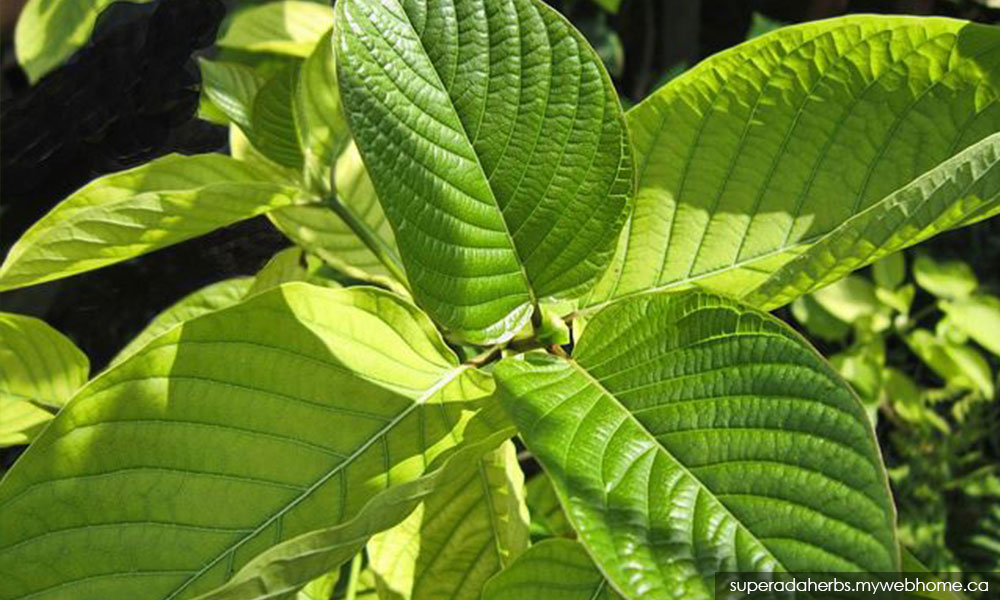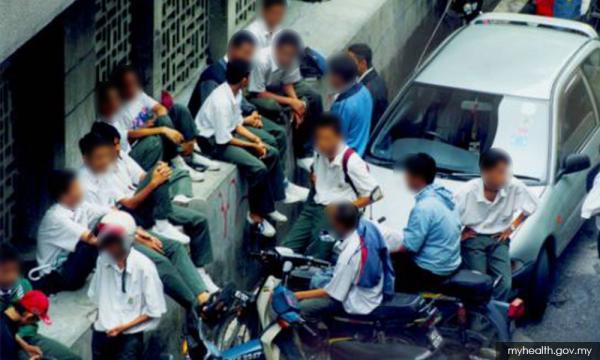The government is seriously considering imposing a curfew on those below the age of 18, in efforts to curb drug abuse, Deputy Prime Minister Dr Wan Azizah Wan Ismail said today.
She added that Malaysia could implement the curfew based on the model in Iceland, but several matters had to be considered before a decision is made.
"When there is a curfew, parents will know where their children are,” she told a media conference after chairing the cabinet committee meeting on eradication of drugs at Perdana Putra in Putrajaya today.
The meeting was also attended by Home Minister Muhyiddin Yassin, Health Minister Dzulkefly Ahmad, Youth and Sports Minister Syed Saddiq Syed Abdul Rahman and Ministers in the Prime Minister’s Department Liew Vui Keong and P Waytha Moorthy.
Wan Azizah also said that a bill on hallucinogens will be formulated to address glue-sniffing and abuse of psychotropic medicine among teenagers.
She said addiction to glue is a serious social problem that involved children aged as young as 10, as it affected their health.
"Hallucinogens, including psychotropic medicine and glue, are not categorised as illegal substances, but you can make them into a concoction and get high on it.
"That actually affects your brain, especially the young people as early as 10 years old," she said, adding that the bill was being drafted.
"Punitive and educational aspects, all will be contained (in the draft)... we're still looking into it," she said when asked whether the bill would include punishment for offenders.
Meanwhile, Wan Azizah said the committee also agreed for the relevant laws to be amended to include it beong an offence to plant ketum without permission.

She did not specifically mention the laws, but said mitragynine contained in the ketum leaf had been listed in the Third Schedule, Psychotropic Substances, Poisons Act 1952.
"Planting of ketum is currently allowed, but when it is harvested and sold, it becomes an offence,“ she added.
Wan Azizah said the committee also agreed to remove Section 8 and 9 of the Drug Dependants (Treatment and Rehabilitation ) Act 1983 from the Registration of Criminals and Undesirable Persons Act 1969.
"This is made so that drug addicts who undergo rehabilitation voluntarily will not be registered, so they will have no criminal record,” she said.
According to the deputy prime minister, the proposal is based on the need to eliminate the stigma of drug addicts on those who have been rehabilitated, enabling them to work and start a new life and be functional again in society.
Apart from that, she said, the committee also proposed that incentives given to employers who took former convicts into their employment be extended to those who employed former drug addicts.
"Studies show that the rate of rehabilitation is better if former drug addicts have jobs to continue with their life so that they can fend for themselves and support their families,’ she added.
Wan Azizah said the “Perangi Dadah Habis-habisan” (PDH) programme, which was implemented since 2016, had been intensified in 178 locations which were identified as high-risk drug areas.


